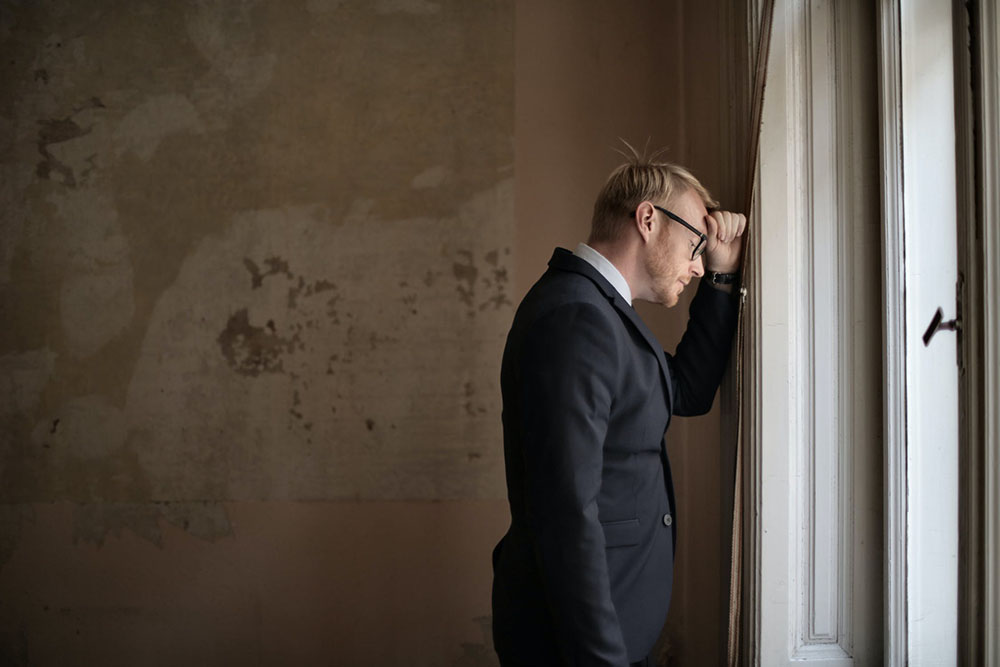
“A writer writes not because he is educated but because he is driven by the need to communicate. Behind the need to communicate is the need to share. Behind the need to share is the need to be understood.”– Leo Rosten
If Act One is feeling thin, or the conflict is weak, it might help to remember that your idea of the story is not the whole story. A series of events need to happen to inform your protagonist’s decision at the end of the first act. The stakes are rising. What are the situations that conspire to lead to this moment where your protagonist makes a decision?
Writing involves putting our characters in jeopardy and keeping them there. You may notice that there is an inner debate going on for your protagonist. They are struggling with a question, and this struggle will result in a decision at the end of Act One.
The struggle might be between the desire to belong and the desire to be true to oneself. Or the desire to succeed might be at war with the desire to take a shortcut. The struggle is universal, something everyone can relate to. The first act ends with the protagonist making a decision toward achieving their goal. Notice that there is a reluctance that precedes this decision. The reluctance keeps us connected to the tension between their goal and what they may stand to lose, or are saying goodbye to through this decision. Remember that every decision, no matter how positive, involves loss. We are creatures of habit, and thus never completely comfortable with change.
Learn more about marrying the wildness of your imagination to the rigor of structure in The 90-Day Novel, The 90-Day Memoir, or The 90-Day Screenplay workshops.

 The End of the Story Informs the Beginning
The End of the Story Informs the Beginning